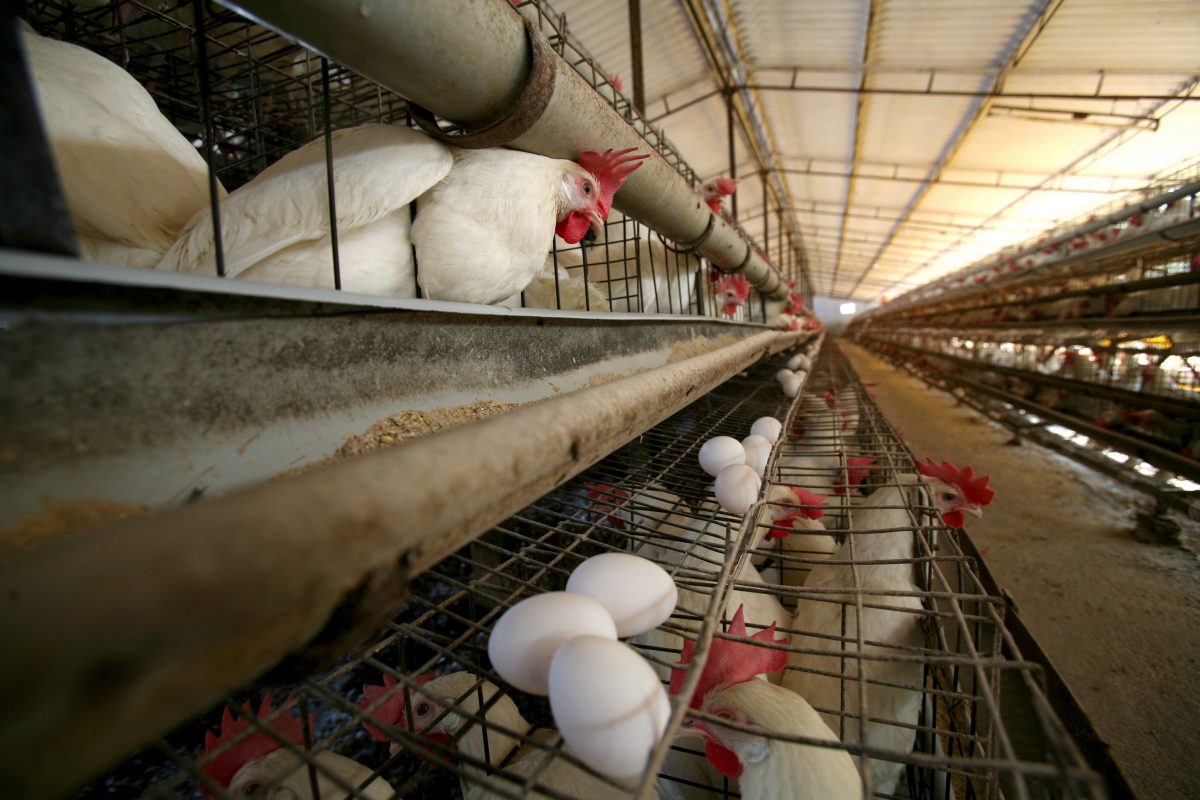
India’s food production sector has been banned from using the antibiotic colistin, over concerns about its misuse potentially fuelling drug resistance.
According to a 2009 study, “colistin is…being used increasingly as a ‘last-line’ therapy to treat infections caused by [multi-drug-resistant] Gram-negative bacteria, when essentially no other options are available.” Yet concerns are growing that, in a time of rising drug resistance, even this “‘last-line’ therapy” could be rendered unusable in some cases. The identification of these colistin resistance cases in India potentially means that infections already difficult to respond to could become even more so – if not virtually impossible to treat – in the coming years.
Drug resistance is becoming more and more widespread, threatening our ability to treat a range of infectious diseases. This has been highlighted by recent research, which found that the efficacy of frontline treatments for malaria are being threatened by patterns of drug resistance in southeast Asia. Progress in the fight against tuberculosis too will be challenged by drug resistance; in the next twenty years, cases of multi-drug-resistant tuberculosis (MDR-TB) in India are projected to spike. This challenges the likelihood of the Centre realising its target of a TB-free India by 2025.
This year, the World Health Organization (WHO) identified drug resistance as one of the ten major threats to public health globally. “Antimicrobial resistance…threatens to send us back to a time when we were unable to easily treat infections,” they stated, noting that “drug resistance is driven by the overuse of antimicrobials in people, but also in animals, especially those used for food production.”
![English: Structure of colistin Deutsch: Struktur von Colistin DateJune 2010 Source Own work Author Leyo. [Public domain]: Cite: This image of a simple structural formula is ineligible for copyright and therefore in the public domain, because it consists entirely of information that is common property and contains no original authorship.](/wp-content/uploads/2019/07/800px-Colistin.svg_-300x183.png)
In the case of colistin, poultry farms are again being implicated. “One of the reasons for antimicrobial resistance in India is due to unwanted use of Colistin in the poultry industry,” an anonymous official from within the Union Health Ministry has stated. They asserted that colistin is being “highly misused” in the sector, in poultry farming as well as in fisheries and other livestock breeding. The rationale is to prevent disease (despite the ‘last-line’ status of colistin, necessitating that it be used only as a last resort). Some also use colistin as “a growth promoter for prophylactic purpose.”
To counteract this worrisome trend, the Health Ministry is prohibiting, “with immediate effect,” the use of colistin in livestock sectors. It has directed manufacturers of the antibiotic to emphasise on labels, packaging, and other materials that the antibiotic is “not to be used in [food-producing] animals, poultry, aqua farming and animal feed supplements.” The Ministry stated that the Centre is “satisfied that it is necessary and expedient in [the] public interest” to enact this measure, which the Drug and Technical Advisory Board had earlier recommended.
The move has been welcomed by experts including Dr Abdul Ghafur, an infectious diseases specialist and advisor to the National Antimicrobial Resistance Action Plan Committee. Dr Ghafur lauded the Health Ministry’s order as “the best gazette notification you can ever get.”
The Centre for Science and Environment (CSE) called the decision a “big win in the fight against antimicrobial resistance.” The organisation’s deputy director general Chandra Bhushan stated, “it will help preserve this last-resort antibiotic for humans and save lives from deadly antibiotic-resistant infections. It will go a long way in fighting antibiotic resistance.”
Amit Khurana, the CSE’s programme director for food safety and toxins, said “the new law shows that we are getting serious about limiting antibiotic misuse in animals. The next step is to phase out other critically important antibiotics of highest priority, starting from their use as growth promoters.”

